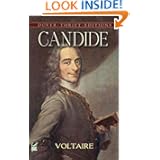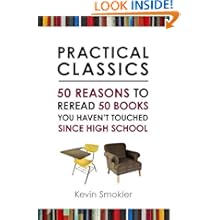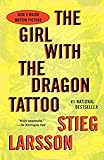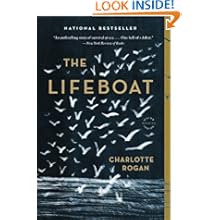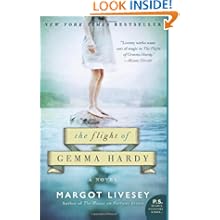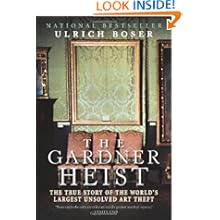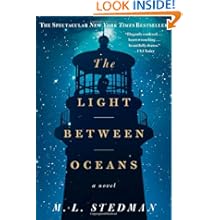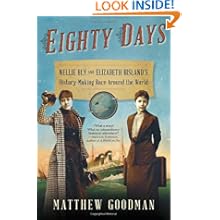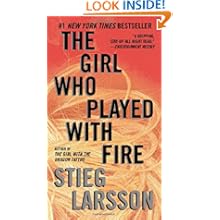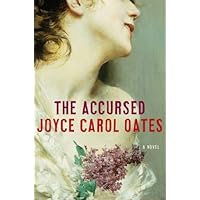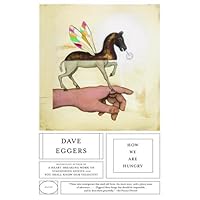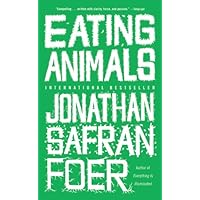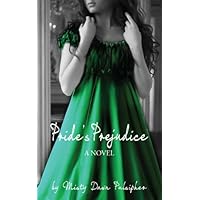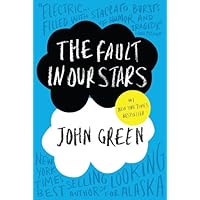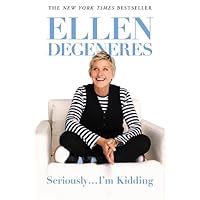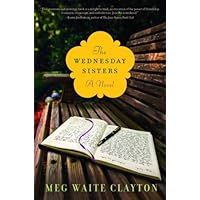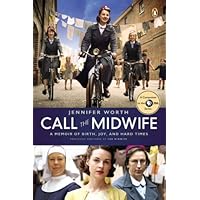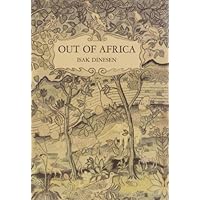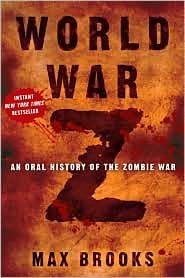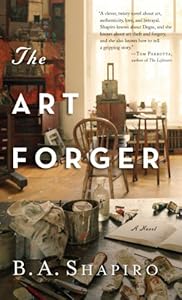November Books
I'm jumping the gun a little bit with my book reviews as the month isn't entire over yet. But I'm going to post this a little early. November was a much more diverse and generally happier month of books than October was. Thanks especially to my friend Diane who picked books for me and reserved them at the library. It was like getting gifts every week.
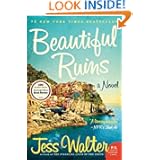
Beautiful Ruins by Jess Walter
The Story:
In 1962 an American actress goes to a tiny Italian fishing village. She has been working on "Cleopatra" with Elizabeth Taylor and Richard Burton, but is sent to this tiny village where she stays in the hotel Pasquale has just inherited from his father. The story flashes to the present day and multiple points in between.
The Review:
I really liked this novel. I loved the descriptions of Italy, I thought the Hollywood types were appropriately creepy, and the story was thoughtful and moving.
The formatting of the story was unique. There are so many characters that the story tries to follow, and so many different times that the story tries to check in with each of them, that it gets a little unwieldy at times. I found myself frustrated at a few moments because sometimes the chapter ended before I was ready for it to, and then instead of the next chapter picking up that same storyline, it flashed to something new. Or rather than moving when I wasn't ready for it to move, it at times took an extra interlude, so if it started with storyline A, then moved to storyline B, I wanted and expected it to go back to storyline A, but instead it introduced storyline C. So there was something extra between me and the storyline I was more interested in. Despite all of that, it actually did work. The characters and storylines wound up connecting and overlapping, so extraneous characters weren't being introduced. And I wound up caring about most of the characters, so I wanted to know about their stories.
I loved the ending. *** Insert quote ***
I highly recommend this one.
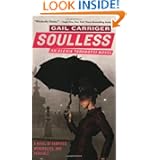
Soulless by Gail Carriger
The Story:
Victoria is the queen of an England that has integrated vampires and werewolves into the common society. Our heroine Alexia Tarrabotti is the opposite of a supernatural, a preternatural, who can return vampires and werewolves to their human form. Adventure follows.
The Review:
Thoroughly enjoyed it. This was one of Diane's first suggestions because it is light. It certainly fit all the criteria. In addition to just being light, it was clever and funny. The characters were good and fairly well-developed, the adventure was interesting (how is supernaturalness caused so how can we get rid of it) and the side romance was funny and cute.
If you are looking for light and cleverly fluffy, I certainly recommend this. I liked it enough to check out the second book in the series.
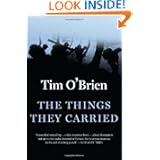
The Things They Carried by Tim O'Brien
The Story:
I'm making up a category name for this "true war fiction," so it's like a true crime novel, where the events did occur, but it's got some details added or rearranged. As Huck Finn would say, "some stretchers." O'Brien tells about his service in the Vietnam War through a series of stories and vignettes.
The Review:
This book comes from my list of Practical Classics. In my defense, I had read portions of it before, particularly the title story, but I hadn't read the entire thing.
The first review comment is probably a little obvious, the war stuff is brutal and harsh. What I mean by that is that O'Brien does not pull any punches, he doesn't try to soften anything for the reader, and when you hit a moment where any normal person would look away, O'Brien keeps repeating the image. For example, he describes a man that he killed and that one eye was "a star-shaped hole." It sounds like a rather beautiful description here, but O'Brien continues to repeat the phrase, and the image falls apart, leaving it as something gruesome rather than the kind of beautiful one.
I was fascinated with the way O'Brien tells stories and the way he talks about telling stories. He has several stories where he revised and reframes the story even as he is in the middle of telling it. The example above applies, but for a larger sense, he tells a story about Norman Bowkler, then the next story is the Tim O'Brien commentary on that story and how it came to be, then he actually goes back to the events of the Bowkler story and retells them in a new story.
I highly recommend this, with the usual caveat about violence.
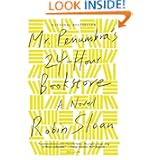
Mr. Penumbra's 24-hour Bookstore by Robin Sloan
The Story:
Finding himself in need of a job, Clay becomes a clerk at Mr. Penumbra's, and within a few weeks discovers there is a mystery to the bookstore. He enlists the help of his friends to solve the unsolvable.
The Review:
I loved this book. I keep recommending it to everyone.
In the first couple of pages, Clay, the narrator, talks about his job loss and looking for a new job. I was completely caught and enchanted by his voice when he said, "I'd search for Help Wanted signs in windows--which is not something you really do, right? I should probably be more suspicious of those. Legitimate employers use Craig's List." So I was laughing and thoroughly enjoying the book because of the funny, wry humor that runs throughout the novel.
As the mystery progresses, Clay forms a group of his friends who help him with solving the mystery. He actually calls his group "the fellowship" ala Lord of the Rings. As the novel progresses there are constant references to the nerdy world which I thought were funny and made it charming. At one point in the mystery, the group is going down into a secret library, "Neel takes a sharp breath and I know exactly what it means. It means: I have waited my whole life to walk through a secret passageway built into a bookshelf." And I thought, me too!
This was a great, super clever, entertaining read. And if you get the hardback, the cover glows in the dark.
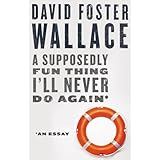
A Supposedly Fun Thing I'll Never Do Again by David Foster Wallace
The Story:
This is an essay that Wallace wrote in 1995 (I think) about taking a seven day Luxury Caribbean Cruise.
The Review:
Um... First World Problems.
Yeah, that pretty much sums up this entire novella-length essay. Basically what happened was Wallace was paid by an employer to go on a luxury cruise and then write about it. This is what he wrote. As you can tell from the title, he hated it, and spends basically the entire time ranting about how cruises are forced relaxation and forced fun and not only do they force you to relax and have fun, but they then tell you that you are relaxed and having fun.
Wallace is extremely pessimistic, and while I can understand and appreciate pessimism, it was not interesting at all. I was extremely bored while I was reading this and wound up just feeling like he was being really whiny. And so I classify this as First World Problems.
And I basically have no desire to go on a cruise. Even though people recommend them to me all the time.
Don't waste your time!
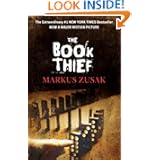
The Book Thief by Markus Zusak
The Story:
Death narrates a story about a young girl named Liesel who is growing up in Nazi Germany during World War II. Her mother gives her to a foster family and during her time there she begins stealing books.
The Review:
This was the second time I read this book (for book club this time) and I was really surprised by my very different reactions. The first time I read it, I thought it was really good. I thought it was well-written and clever. I liked the story of Liesel and was very invested in the her story and in the story of Max. I cried at the end.
This time, I was much less caught up in the story, I was less engaged, and I found the narrator to be more annoying. Death makes the comment, "It kills me sometimes how people die." The opening phrase there, "It kills me" is one of Holden Caulfield's catch phrases. I read that and it made me think of Holden and I just cringed, because Death became this sarcastic, bitter, and angsty narrator, and I really didn't like him very much at all.
Despite that, I would still recommend this book if you haven't read it. It is an interesting and poignant story about regular Germans caught in a world they don't necessarily agree with.

The Tao of Martha by Jen Lancaster
The Story:
This is one of those Year-of-X experiment books. So Jen Lancaster decides in 2012 to embark on a year of living like Martha Stewart. Her primary reason for doing this is that 2011 was a very hard year and she wants to do whatever she can to make 2012 a better year. So she wants to follow Martha's guiding principles (her Tao) to come to an understanding of how she can run her life and be a happier, calmer person, more able to face the difficulties that come.
The Review:
I laughed and laughed and laughed at this.
Ok, so at first, I have to admit, she started talking about cleaning out junk drawers and cabinets and organizing closets, and I started to feel kind of panicked. And pressured. And like, wait, let me stop reading and go clean out a closet. But then I pushed past that chapter and the rest of the book was just hilarious, and because most of Martha's crafting projects and entertainment tips are not something I want to incorporate into my life, I didn't feel any pressure.
In explaining why she chose Martha, Lancaster compares Martha and Oprah and says that basically in the world there are Martha people and there are Oprah people. I have been trying to do Oprah's guided meditations, and I have to say, even though I don't want to get all crafty with tablescapes, I feel like more of a Martha person, because as I kept sitting down to do the meditation, I kept thinking, maybe I would feel better at the end of this 20 minutes if I just used it to clean my bathroom. "Related note. Were Martha and Oprah to cage-fight, smart money is on M. Diddy, because you KNOW she's a scrapper."
Besides the Martha/Oprah debate, I liked the focus on figuring out how to do things that make you happy and eliminating the things that don't. And she develops a Tao of Maisy (her dog): Be awesome, give awesome, get awesome. Which is a pretty good Tao.
And then there's the glitter: "I've never in my life been interested in glitter before, but suddenly all the sparkly things in the universe make sense, like drag queens and participating in Toddlers and Tiaras."
I recommend this one for a good laugh.
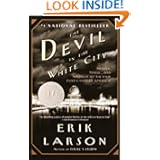
The Devil in the White City by Erik Larson
The Story:
A true crime novel about the building of the Chicago World's Fair (or as it was more properly known "Columbian Exposition) in 1893 and a story of a serial killer who killed women during the fair.
The Review:
This was fascinating. It alternates between the two storylines, sometimes bringing in a third.
Let's deal with the first storyline, which is the building of the fair. This was an incredibly detailed look at the process of getting the fair to be held in Chicago, and then the pressure, the desire, the pride, and the problems of bringing the fair to fruition. It was an amazing process and also amazing how many people were brought together to work on it and who frequently shared the same vision. It really is an amazing feat and amazing that they were able to actually accomplish it. When I read this type of story, I am always so interested in the important/famous/historical people who actually cross paths or are involved in the same endeavors. People that I usually think of in entirely separate realms and times, but it really was all happening at once. Larson does a really good job of setting that up and pointing out who was involved in planning and building the fair, and then also those people who attended the fair.
Storyline #2 is the story of Dr. H. H. Holmes (which is his most-used alias) the serial killer. This was deeply disturbing, but Larson does an extremely good job of writing the storyline so that it is an examination of the mind and reasons of a psychopath, rather than a gratuitously violent and vicious account of murders. I found that aspect of the telling very interesting. Because there aren't actually a lot details remaining or exposed about the murders or things that Holmes did, Larson focuses instead on how Holmes lures people in, how he set up his "Castle," and why he is the way he is. He actually explains in the notes that he wanted to compare the pride of the men building the fair with the pride of Holmes who wants to own women. I felt like he really accomplished that through his focus.
I recommend this one.
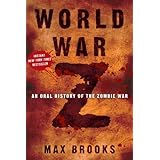
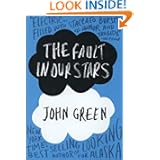
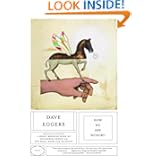









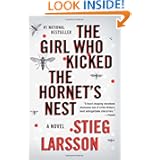
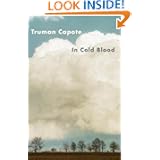
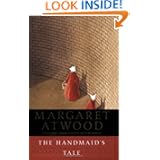
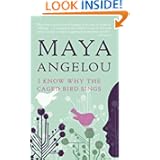
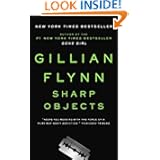
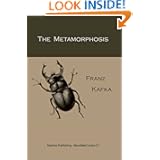
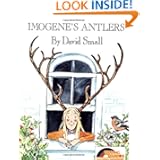 Which is a hilarious take on sort of the same problem.
Which is a hilarious take on sort of the same problem.